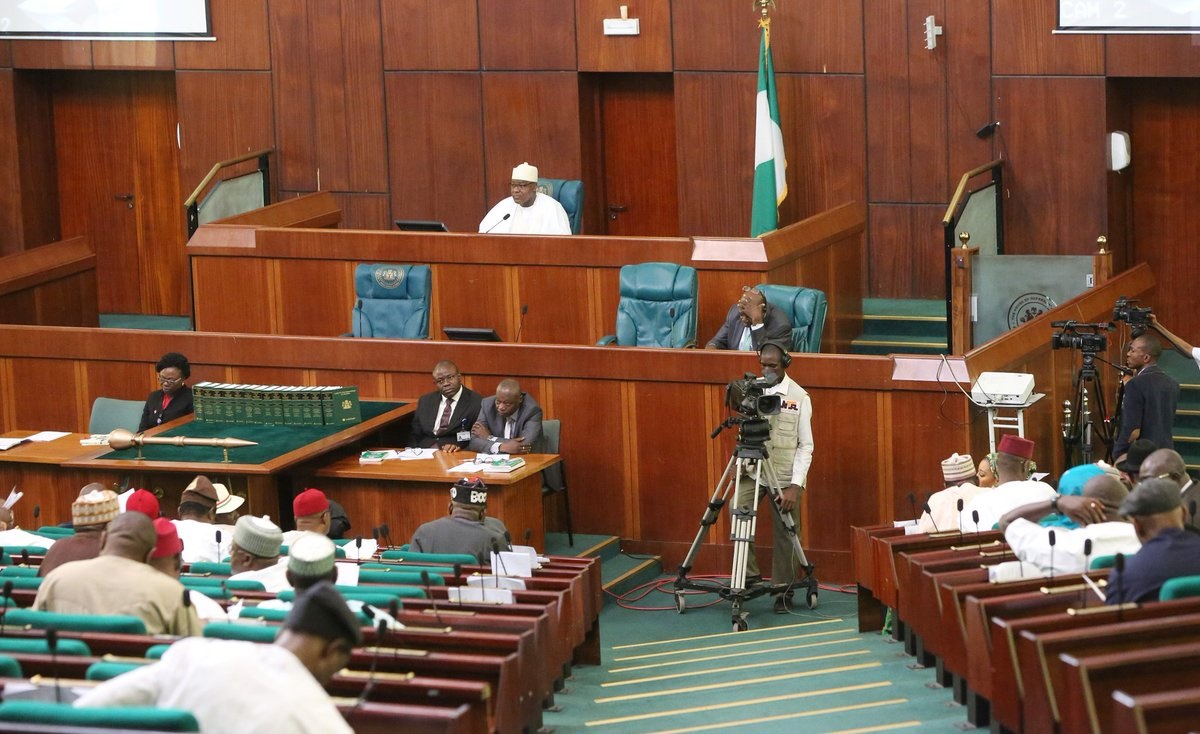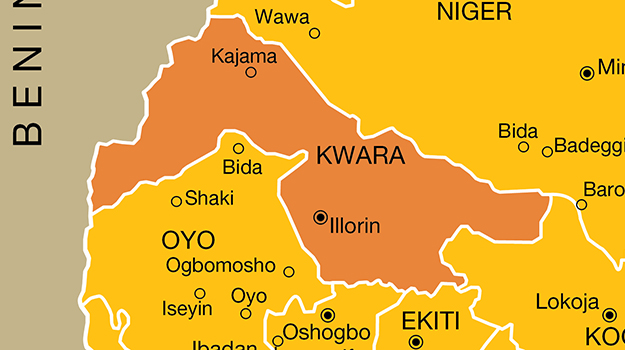On July 14, 2016, the house of representatives passed for second reading a bill seeking to establish a commission that would regulate non-governmental organisations (NGOs).
Umar Buba Jibril, deputy majority leader and sponsor of the bill, said the bill sought to supervise, monitor and coordinate the activities of civil society organisations (CSOs) and community-based organisations (CBOs).
But recently, those who saw the bill as an instrument to stifle NGOs launched a campaign against it.
Chidi Odinkalu, former chairman of the National Human Rights Commission (NHRC), also spoke against it.
Advertisement
Odinkalu who urged Nigerians to rise up and resist the “totalitarian” bill said even “esusu” – a local financial cooperative would be affected by the bill.
But in a statement on Friday, Jibril said the legislation is aimed at ensuring transparency and accountability in the way and manner NGOs collect and spend funds.
The bill has seven chapters, 58 clauses and a schedule that will guide the commission when established. Here are highlights of the bill:
Advertisement
- Clause 7 (1) (b) states that the commission seeks to ensure the transparency and accountability of the operations of NGOs.
- Clause 24 (1) states that it shall be an offence for any person to operate an NGO in Nigeria for welfare, research, health relief, agriculture, education, industry, the supply of amenities or any other similar purposes without registration and certificate under the act.
- Clause 24 (2) states that a person convicted of an offence under the act shall be liable to a fine not exceeding N500,000, or an imprisonment of 18 months or both.
- Clause 25 (1) (c) states that funds pledged by donors (to NGOs) must be disclosed before implementation of project, including mode of disbursement and condition attached to the funding by donor. Funds from overseas must be channelled through normal banking system.
- Clause 25 (2) states that NGOs should ensure that greater percentage of the financial requirement goes for direct support to target beneficiaries, in respect of which organisation shall limit administrative cost to bare essentials.
- Clause 26 (1) states that a project formulated by an organisation for eventual implementation in the country shall be approved by the relevant ministry and registered with the commission before implementation.
- Clause 26 (3) states that in an emergency, the registration of a project may be waived on request by the organisation to the commission.
- Clause 26 (4) says that where the waiver is granted, the organisation shall, within 14 days of sourcing funds, advise the commission of the quantum of the funds and the planned project utilisation of the funds.
- Clause 34 (4) states that where an emergency is declared by the president under the constitution, the ministry, on the advice of the relevant ministry, shall recommend the application for the recruitment of non-citizens by an organisation to the commission, personnel so employed shall be allowed temporary residents status in conformity with the relevant immigration laws.
- Clause 35 provides for the establishment of a Nigeria National Council of Voluntary agencies which will be formed by the first 100 NGOs to be registered by the commission according to clause 38.
Add a comment






